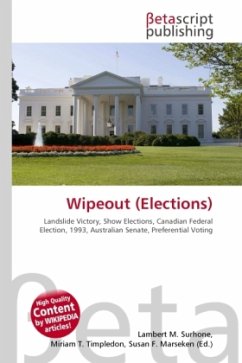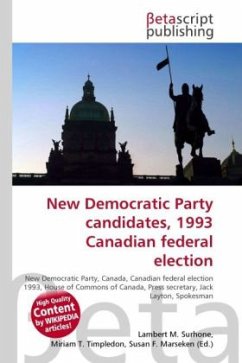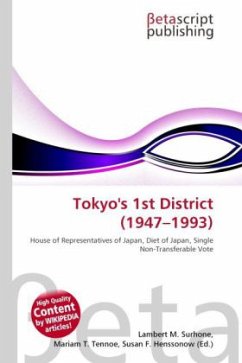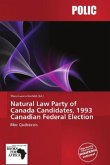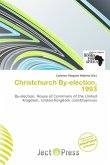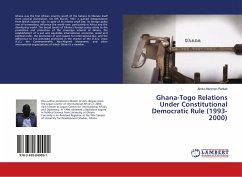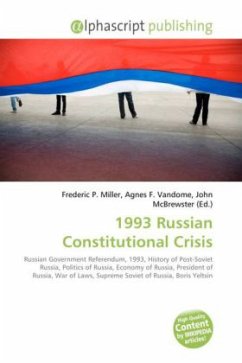High Quality Content by WIKIPEDIA articles! An electoral wipeout occurs when a major party receives far fewer votes or seats in a Legislature than their position justifies. It is the opposite of a landslide victory; the two frequently going hand in hand.Note that the use of the phrase generally assumes that the returns were the product of a legitimate election; show elections to fraudulent legislatures regularly produce incredibly strong majorities for the ruling party(s).Between 1901 and 1949, the upper house of the Federal parliament (The Australian Senate) was elected by a system of majoritarian or "winner-take-all" voting. Each state had 3 of its 6 Senators retiring at each half-senate election. Each voter had 3 votes at each election, whether by First Past The Post (FPTP) 1901-1918, or preferential voting (a.k.a "Alternative Vote") 1918-1948.

